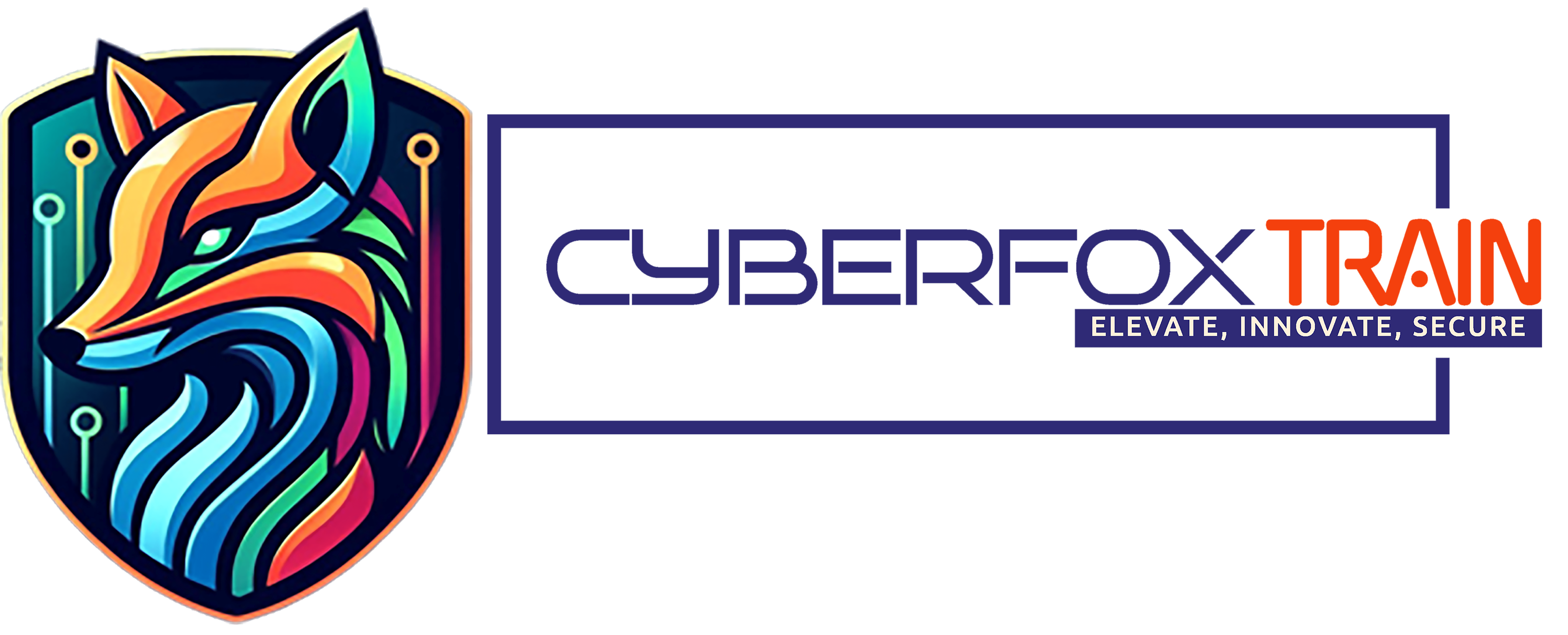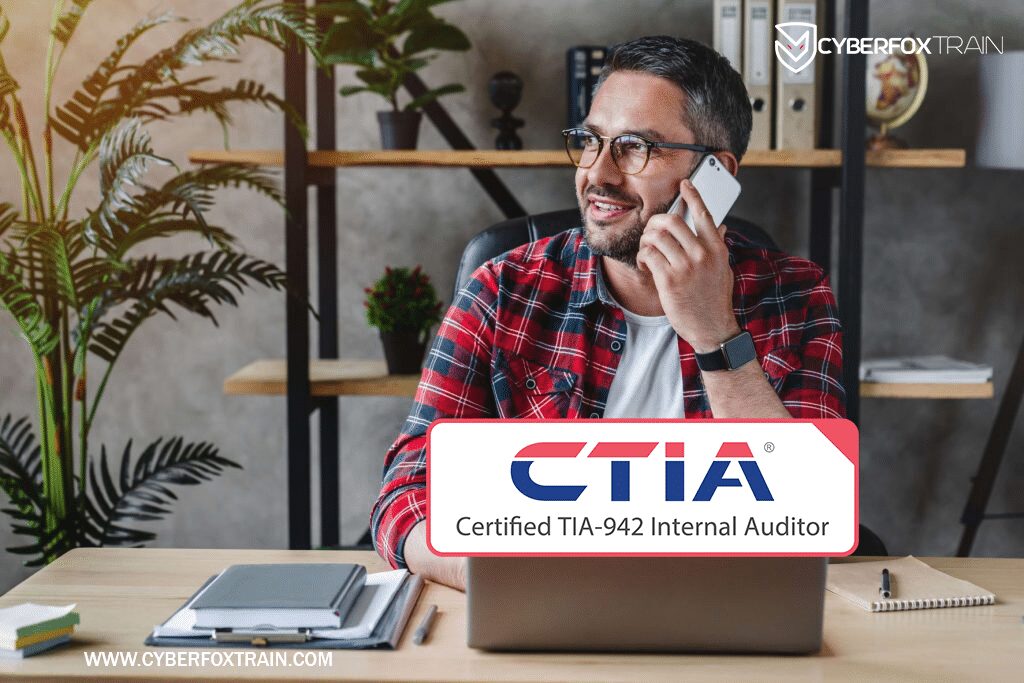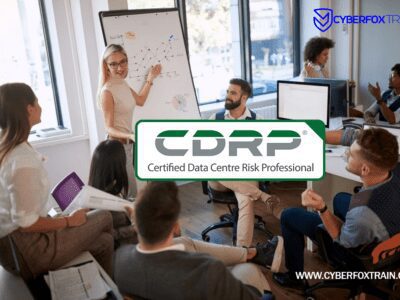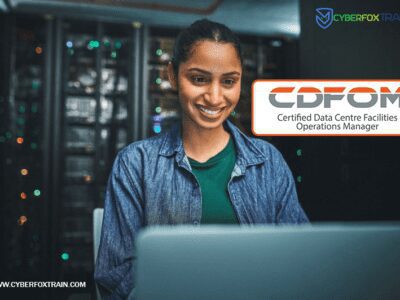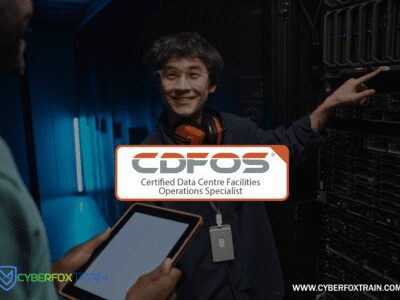TIA-942 Internal Auditor
CTIA® Overview:
Certified TIA-942 Internal Auditor (CTIA®) is a specialized training program designed for professionals responsible for conducting internal audits of data center facilities based on TIA-942 standards. Participants will gain a comprehensive understanding of audit methodologies, compliance requirements, and best practices applicable to data center audits. The course covers key topics such as audit planning, risk assessment, audit execution, and reporting and follow-up. Practical exercises and real-world case studies provide hands-on experience and reinforce learning. By the end of the course, participants will be well-prepared to pursue CTIA® certification and conduct thorough and effective audits to ensure compliance and optimize data center performance.
The CTIA® course is a 2-day intensive course builds further on the technical understanding of the standard acquired in the CTDC® (Certified TIA-942 Design Consultant)course. It enables participants to develop skills and knowledge to conduct an internal audit program by applying widely recognised audit principles, procedures and techniques which are aligned with the ISO-19011 auditing guideline.
Course Benefits:
After completion of the course the participant will be able to:
- Prepare the organisation for an audit according to ANSI/TIA-942 including preparation of the required documents, resource planning and management of the audit process itself
- Conduct an internal audit according to ANSI/TIA-942 following ISO-19011 guidelines
- Facilitate and support the external audit to ANSI/TIA-942
- Manage the post-audit process with respect to CAR (Corrective Action Reports), gap closing and final certification
- Facilitate surveillance and recertification audits
Course Syllabus:
Fundamental concepts and process of an internal audit
- Terms and de_nitions
- Difference between an internal and external auditor
- Audit principles
- Auditor competency requirements
Managing an audit programme
- Establishing the audit objectives
- Establishing the audit programme
Planning the audit
- Planning the schedule
- Resource planning
- Tools/equipment required
- Document requirements
– Design documents
– Process documents
– Declarations
Conducting the audit
- Conducting an opening meeting
- Conducting the audit
- Interviews
- Document review
- Facility review
- Typical non-conformities
– Architectura
– Electrica
– Mechanical
– Telecommunications - Preparing the audit conclusions
- Conducting the closing meeting
Preparing and distributing the audit report
- Audit report requirements
- Classification of non-conformities
- Typical format of an audit report
Following up on the audit
- The CAR – Corrective Action Report
- Evaluation of the Corrective Action Report
Requesting a formal external audit
Issuing a conformity certificate
- Requirements of the certificate
- Registration of the certificate
Surveillance audits
Recertification audits
Course Features
- Lecture 0
- Quiz 0
- Duration 2 days
- Skill level Intermediate
- Language English
- Students 0
- Assessments Self
Requirements
- Participants must hold a valid CTDC® certificate in order to be able to register for the CTIA® class.
Features
- Comprehensive training in audit methodologies, compliance requirements, and best practices for data center audits.
- Practical insights into conducting internal audits of data center facilities based on TIA-942 standards.
- Hands-on exercises and real-world case studies to reinforce learning.
- Expert instruction from industry professionals with extensive experience in data center auditing.
- Preparation for CTIA® certification exam upon course completion.
Target audiences
- The primary audiences for this course are quality directors and quality assurance managers, managers responsible for the governance of an enterprise and management of its risks, technical experts, project managers and consultants, internal auditors, compliance officers and virtually anybody involved in ANSI/TIA-942 compliance certification related projects either from an end-user or vendor perspective.
